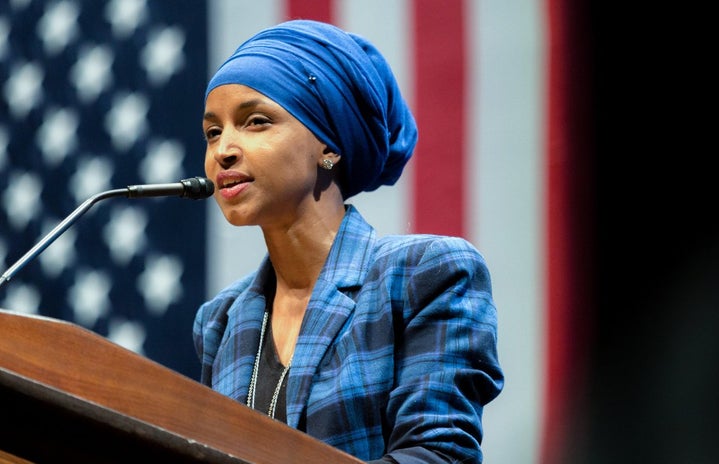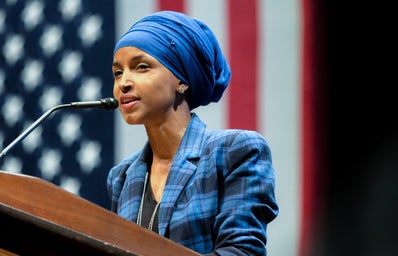“If liberty means anything at all, it means the right to tell people what they do not want to hear.” – George Orwell
Every evening, I try to spend time with my parents to talk about all that’s happening in the world. I voice (most of) my thoughts without the fear of being judged. They accept my criticisms regarding the government, social issues, sometimes even my light-hearted mocking. They might not always agree with me, and they do offer counterarguments. But when I express my desire to write how I feel about those in power, my mother’s mood takes a U-turn, even when my opinions resonate with her. She asks me to not post my criticisms online because she knows. She’s scared, of course, for her daughter.
She knows that while we belong to a democratic country, where citizens have the right to free speech, the reality is far removed from this textbook definition. Scottish philosopher Alexander Meiklejohn outlined the crucial link between democracy and freedom of speech: for in a democratic system, self-government requires a well-informed electorate, and this is inhibited by manipulation and/or restriction of free speech. However, over the years, the so-called constitutional right has been under threat and increasingly so. As middle school students, one of the first topics introduced to us in political science includes the various fundamental rights we have. Most of us have grown up trying to spot examples, only to realize that the world is far too complex for our theoretical understanding.
Freedom of speech implies the freedom to dissent. The infamous Delhi Riots, which have been reported from a myriad of perspectives, are an example of dissent. However, it is evident that the state did not find peaceful protests by the youth acceptable. A large number of political arrests that have been made since can easily be labeled unconstitutional. The likes of Safoora Zargar and Umar Khalid being taken into custody under the unjust UAPA (Unlawful Activities Prevention Act) highlights how dissent is received in today’s India. A short journey back in time to a newly free one, just after 1947 also shows a dominant party system like now. But many historians argue that the reason behind the Indian National Congress being a ruling party was their healthy relationship with the opposition and their willingness to accept newer groups.
What we see today is an accelerated movement towards intolerance and parochial policies. With its second term, the opposition has grown weaker and hence made the BJP and its allies all the more powerful. While there remain various factions within this coalition, there’s little to no space for external views and inclusivity. The mass centralization of power has weakened the minorities and their voices, and actively curbed dissent by especially these groups – be it Muslims, Dalits, or anyone that dares to criticize the state’s authority.
The limitations to this sacred right have been debated for years both on international and national levels. However, the growing trend of a particular form of patriotism which adheres to hyper-nationalism has made a mockery of free speech. People are termed anti-national left, right, and center. This trend has almost created an invisible committee that decides what qualifies as free speech and what does not. Owing to this unfair mechanism, a union minister can easily get away with hate speech, but youth leaders are arrested for criticism. Such hypocrisy is astounding, yet normalized. In the United States, you get a retweet for calling their ‘leader’ an orange. In India, you get jailed for posting satire.
Primetime news run by most mainstream media houses has become incessantly repetitive and sensationalized. The observed pattern seems to be one of distraction: to take controversies, blow them out of proportion, and hence divert the country’s attention from more important issues. In the World Press Freedom Index 2020, India ranked 142 out of 180 countries, below its neighbors Nepal, Bhutan, and Sri Lanka. Journalism and its freedom, as an extension of free speech, are integral to democracy. However, the biased narratives that are presented by the popular news channels and the detention or arrests of those who engage in free journalism highlights the control the state exercises over the press. As many as 55 such correspondents were arrested, booked, or threatened for reporting facts about Covid-19, several even beaten up. Any reporter courageous enough to challenge the status quo, and to bring forth the hidden truths is seen as a threat.
Supreme Court’s popular public-interest lawyer Prashant Bhushan recently had multiple generations, especially the youth rally behind him for his tweet criticizing the apex court. But, not too long ago, the same people turned a blind eye to Justice C.S. Karnan for speaking out against corrupt judges for he’s a Dalit, an ‘outsider.’ Sedition cases are filed out of the blue; often influenced by the identity of those accused, largely the ones belonging to or speaking out for minorities.
As a result of many such consequences, and of controlled or manipulated dialogue by the state, people have resorted to staying away. At least the ones who can. However, it’s high time we realize that the only way to take the power back, is to continuously say what the state does not want to hear. Standing up for those who cannot, empowering weaker sections, and finally giving them the spaces to be heard is what’s required of those of us who already have the space.
The outrage cannot be selective. The day and age we live in today actively instils fear in the minds of those who need their voices to be heard the most. The country has to collectively rise against these defeated voices, to practice honest journalism, to not shy away from righting its wrongs. Only then can we do justice to our scrupulously framed constitution and develop into the nation that we dreamed of under the colonial regime, bound by the shackles of oppression.
The cost of free speech is one rupee and controversy – but only if you’re a privileged public figure. Otherwise, it’s 6 months in jail and a lot more.


